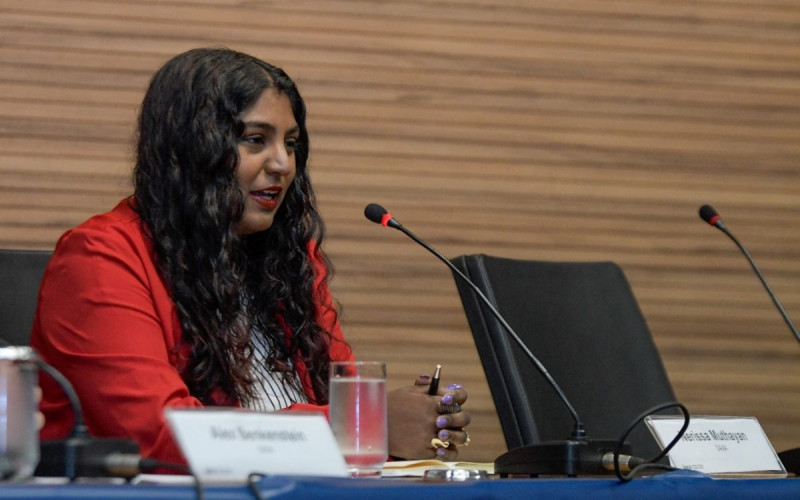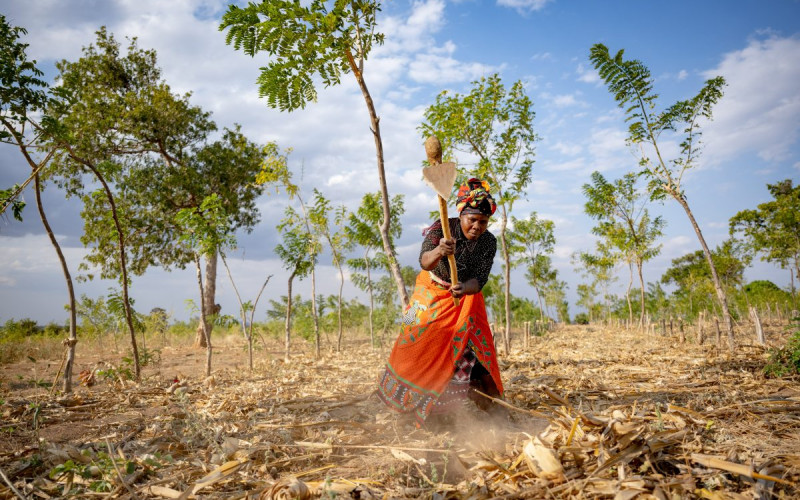Summary
- South Africa’s NDP articulates the need for skills-building regarding building resilience to climate change. It also notes that building resilience rests on achieving other non-climatic conditions, such as lowering poverty and inequality levels, improving education and healthcare services, creating jobs and enhancing the integrity of ecosystems.
- South Africa recently developed an EbA Strategy and EbA Guidelines. However, when it comes to EbA implementation, the country experiences various challenges in the regulation, governance and management of EbA, particularly at the local level.
- Research has highlighted knowledge gaps that if addressed would improve the likelihood of successful implementation of EbA projects. Amongst these gaps are a lack of effective monitoring mechanisms that could assess the effectiveness and cost-efficiency of EbA projects in comparison to other adaptation approaches.
- Local, provincial and national governments need to embrace integrated climate adaptation by identifying and putting into effect appropriate policies and measures that are well coordinated and credibly motivated. This will ensure that the multi-faceted benefits offered by EbA are maximized.
- Both in terms of research and project implementation, South Africa’s EbA activities have focused primarily on river basin management and terrestrial conservation. There are opportunities to learn lessons from the already implemented projects, ensure the transfer of skills and knowledge, and make provision to fill the identified knowledge gaps. This provides opportunities to replicate and/or expand EbA implementation.







